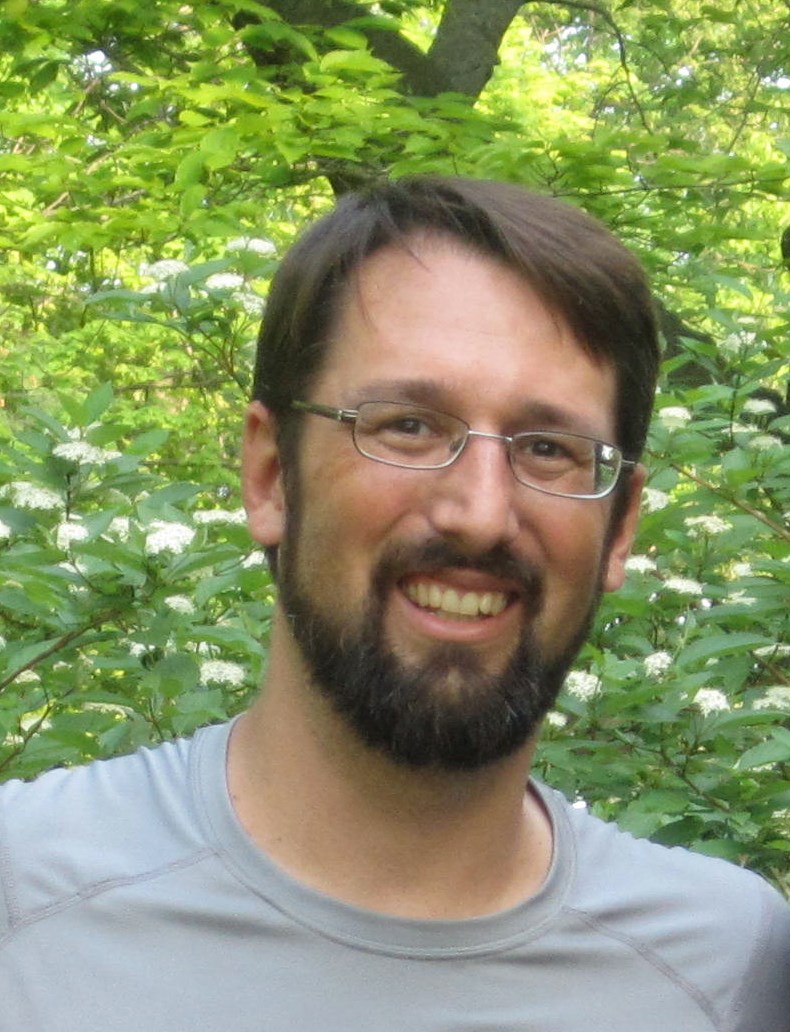Phillip Hockley loves the idea of God as universal. He enjoys thinking of humanity as one loving brotherhood, walking up the slopes of the same mountain hand in hand with seekers from other customs and cultures.
Hockley, a Christian Science practitioner and lecturer from Skewen, Wales, is more qualified than many to see the connections between different religious traditions. As a young businessman he suffered an accident that badly damaged his spine and so began a seven-year spiral of deteriorating health, during which time he explored a veritable A to Z list of therapies – both material and spiritual. He eventually settled on Buddhist meditation and mindfulness practices, reasoning that if he couldn’t be cured he at least wanted to live with a peaceful mind.
Then, while attending a Christian Science lecture in 2001, he encountered a new view of God that shook his beliefs to the core. He left the lecture completely healed.
I had the opportunity to interview Phillip about his remarkable experience, which he’ll be sharing at three lectures in Victoria, Vancouver, and Nanaimo in late September. Visit for more details.
1. Tell us a little about your life before the accident and how it changed afterward.
Since early childhood I’d learned to be entrepreneurial, that hard work and honesty brought good results. I took this philosophy into the business world. Unfortunately, I became a victim of my own success. I started indulging in the sensual pleasures of the industry, which led to a host of mental and physical problems.
I was introduced to yoga and meditation – and learned to live a preventative lifestyle. Then I had an accident where I badly damaged my spine. I was initially thrust back into the medical community, where I underwent physiotherapy and chiropractic treatments. Yet my health continued to deteriorate.
2. You explored a number of alternative therapies, settling on mindfulness practices to bring comfort. Why were you drawn to this approach?
Yes, I explored countless alternative therapies, not leaving any stone unturned. I even went to several churches in my area to seek healing, which was tough as an atheist. I had an unhappy childhood and I’d become bitter toward Christianity. I was eventually told I’d have to learn to live with my condition. That’s when I took the vows of a monk, moved to a Buddhist community, and prepared to die.
3. Did the mindfulness practices prepare you for the healing you experienced when you attended your first Christian Science lecture?
For me it was important, though I don’t think it’s necessary for everyone. The mindfulness allowed me to be aware of all the painful sensations and distressful emotions, and yet remain equanimous.
The last Buddha taught the ability to remain undisturbed amidst the jarring testimony of the senses, but Christ taught how to do that and how to heal. What Christian Science has taught me is that you don’t have to work out your karma, you just have to wake up from the Adam dream.
Yet mindfulness has been important to my Christian Science practice – allowing me to think deeply and to concentrate better.
5. What was it at the lecture that resonated with you?
That God could be the centre and circumference of being. I found this idea perplexing because I thought of myself as diseased from the inside out. When I tried coming to terms with it I felt a sudden inflow of peace and love, which stayed with me for the whole hour of the lecture. When I came out I was pain free and walking upright.
6. You’ll be visiting BC on your upcoming lecture tour, speaking about this “new view of God” that healed you. What exactly do you mean by that term?
This new view of God, which Mary Baker Eddy wrote about in her book Science and Health with Key to the Scriptures, views God as a loving Principle who is always present, rather than a far-off deity that needs to be petitioned for help. I learned I could access God anywhere and at anytime. We’re literally immersed in God, which was a huge change of thought for me.
7. If you met somebody struggling with a health problem – possibly one considered incurable – what would you tell them about Christian Science?
I would say that where their description of hopeless is, there is hope. I took many ‘incurables’ into the lecture and came out completely healed.
 Matt Jackson has been fascinated by how science and religion relate to each other for as long as he can remember. He is a member of the Christian Science church in Victoria, BC, and has been a professional writer and editor for 22 years.
Matt Jackson has been fascinated by how science and religion relate to each other for as long as he can remember. He is a member of the Christian Science church in Victoria, BC, and has been a professional writer and editor for 22 years.
You can read more articles from our interfaith blog, Spiritually Speaking


